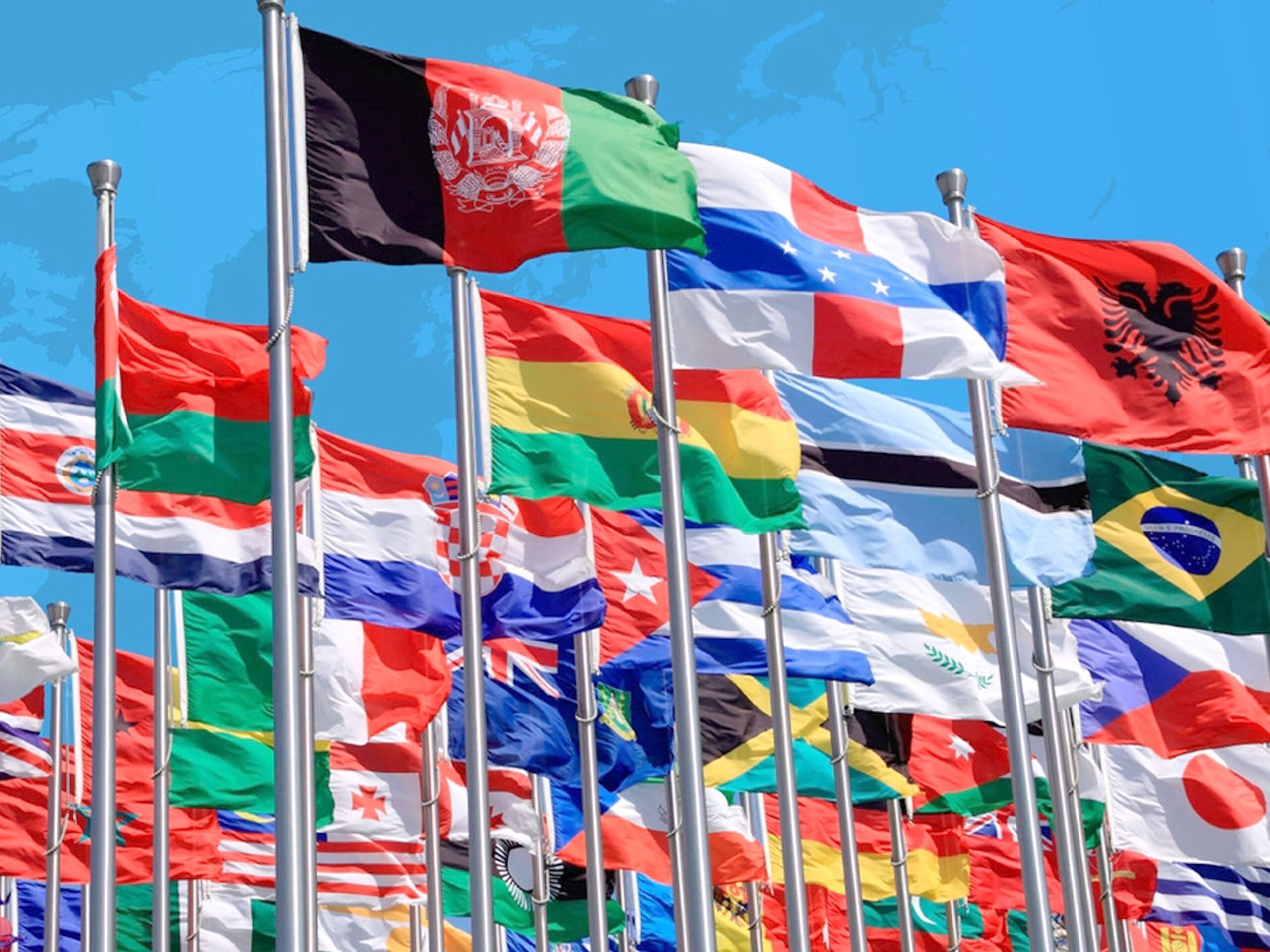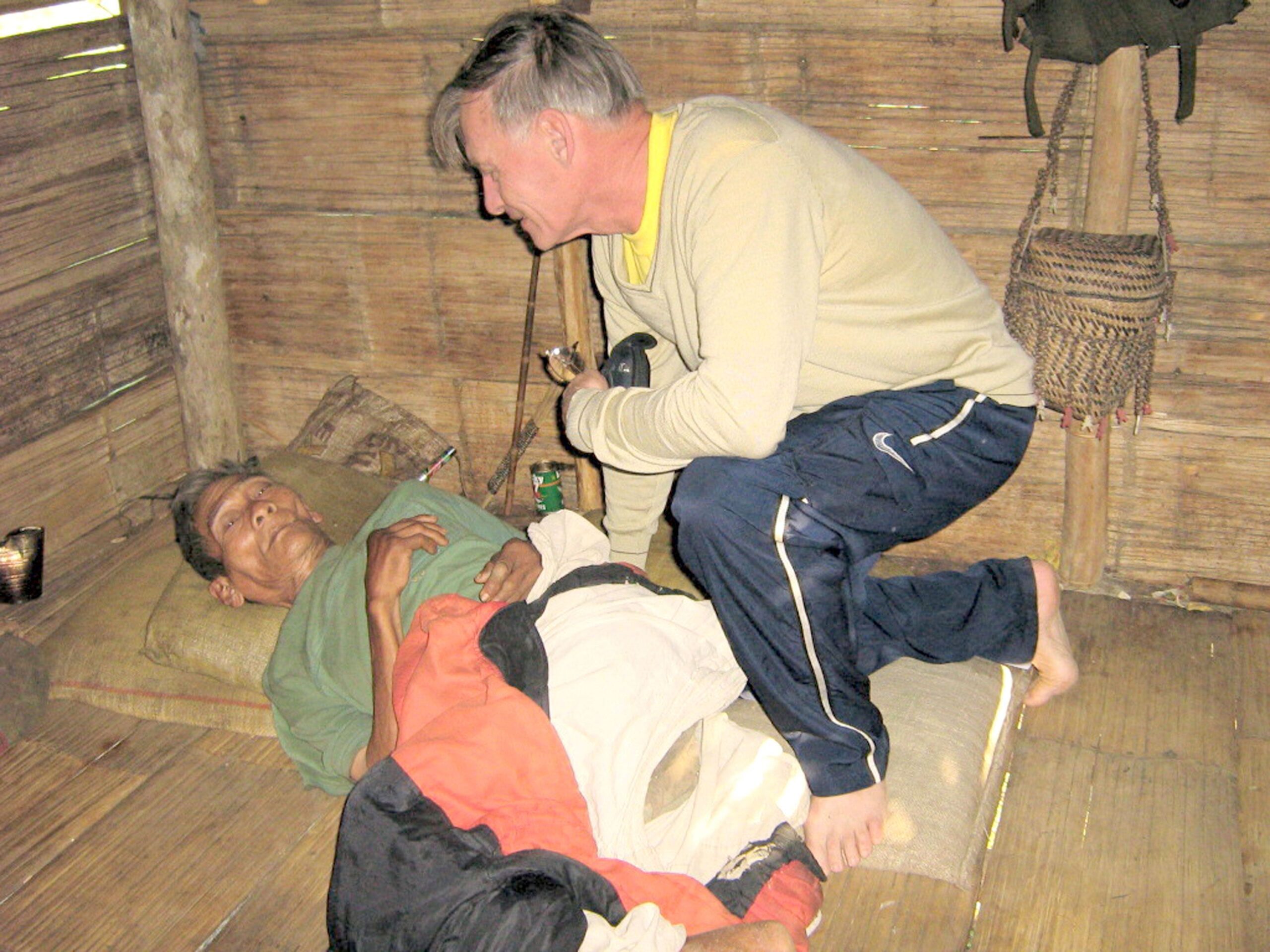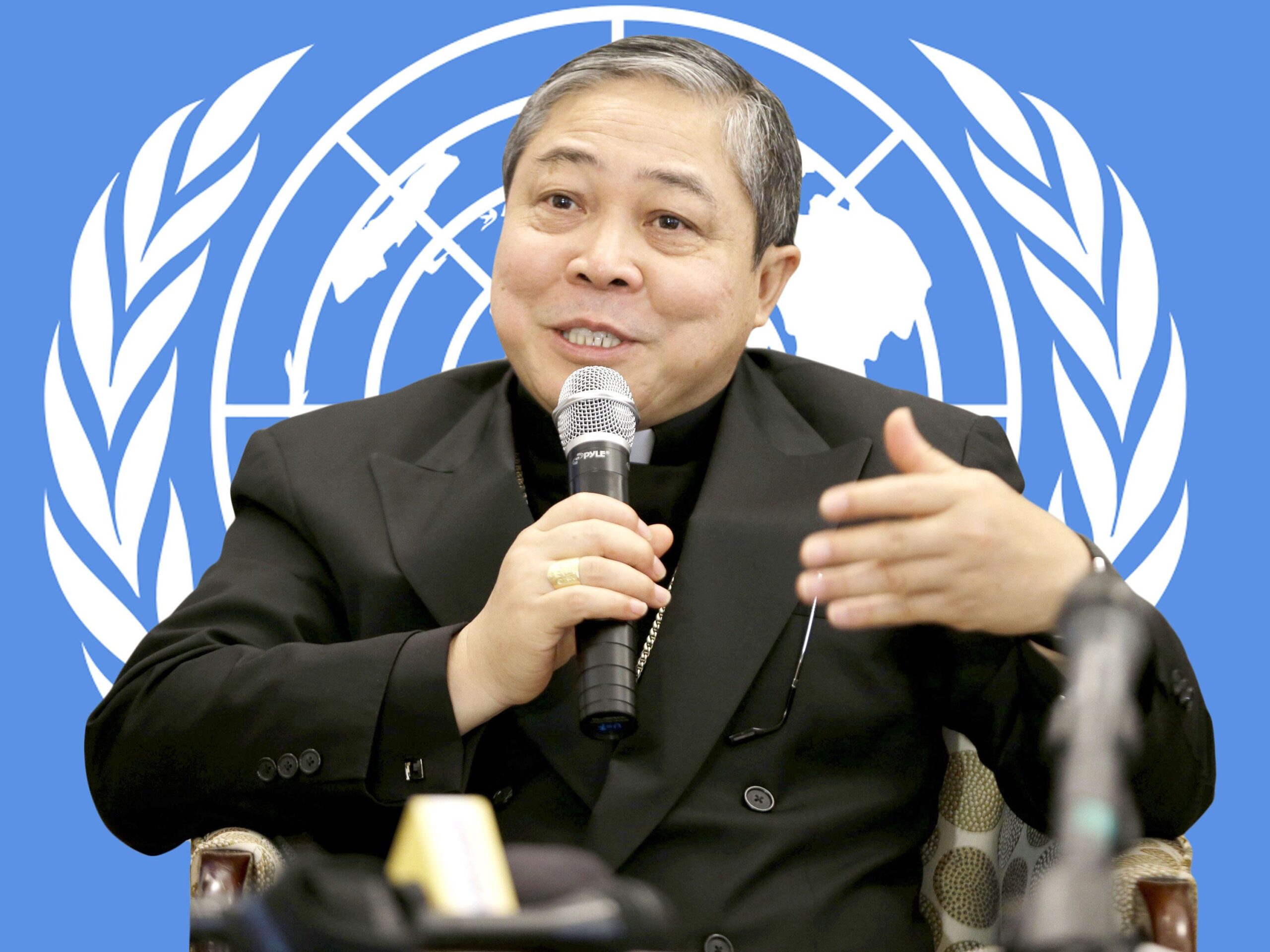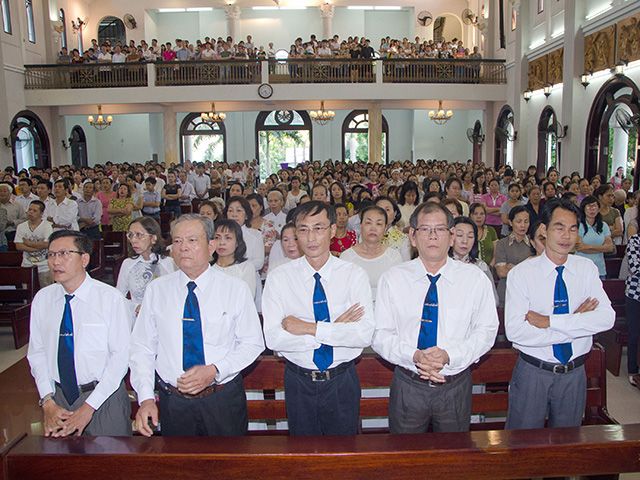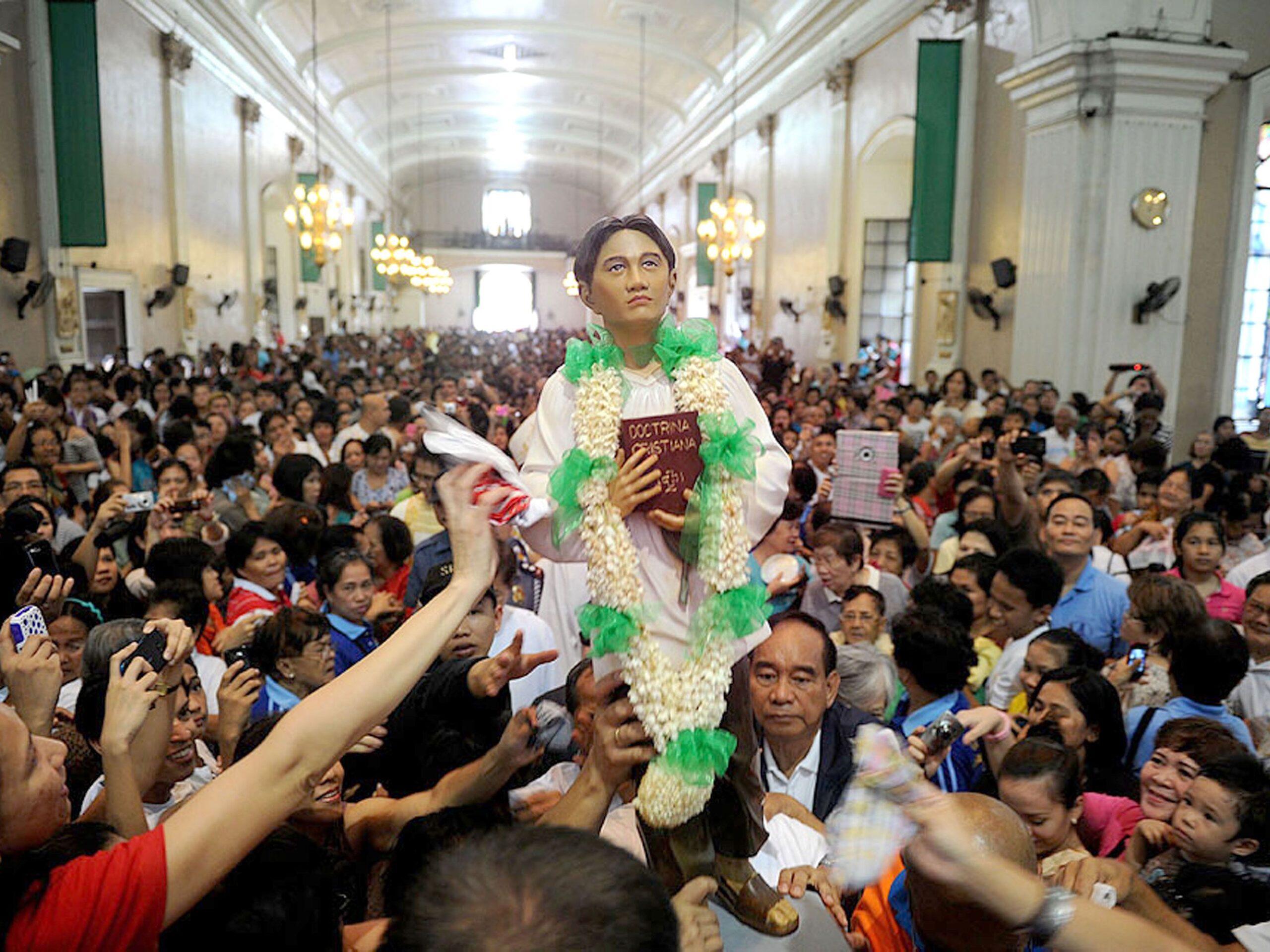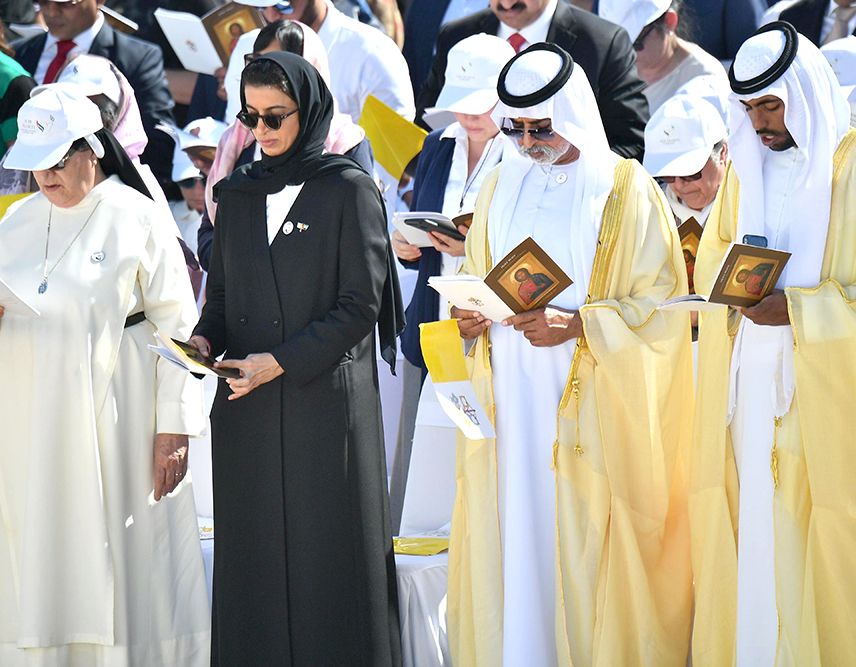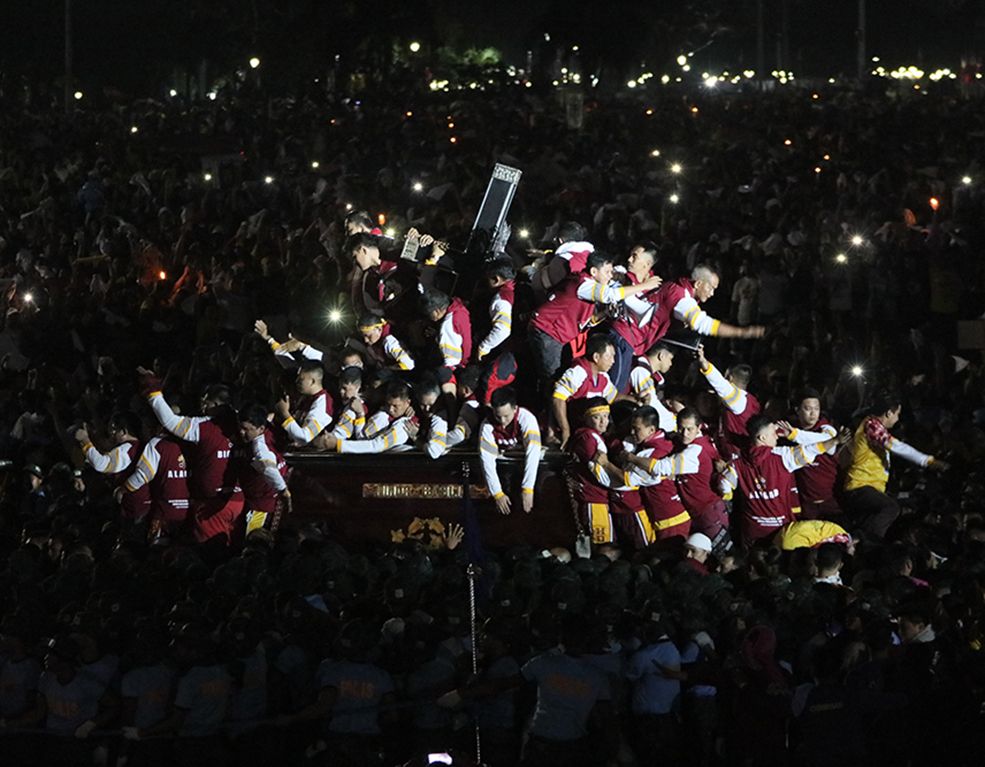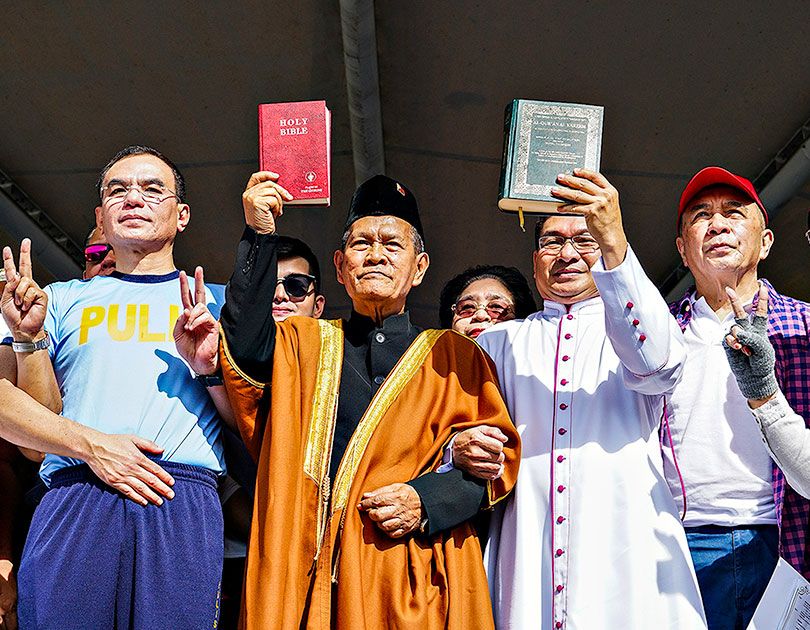The World Economic Forum (WEF) is an international institution for cooperation and its declared mission is to improve the state of the world by engaging business, political, academic, and other leaders of society to shape global, regional, and industrial agenda. The Forum is best known for its annual winter meeting in Davos, a mountain resort in Switzerland. The meeting brings together some 2,500 top business leaders, international political leaders, select intellectuals, and journalists to discuss the most pressing issues facing the world. The Forum was founded in 1971 by Klaus Schwab, a German-born business professor at the University of Geneva.
The rich and the powerful, however, were in a gloomy mood when they met from January 20 to 23, 2016. Actually, no leader could possibly be in a buoyant mood. This year’s Davos will remain in the history of the WEF as the best example of the growing disconnect between the elite and the citizens. The theme of the Forum was “How to Master the Fourth Revolution,” a thesis that Klaus Schwab exposed in a book published a few weeks before. The theory is that the world is now facing a fusion of all technologies that will completely change the system of production and work.
The First Industrial Revolution was to replace, at the beginning of the 19th century, human power with machines. Then, at the end of that century came the Second Industrial Revolution which was to combine technology with industry, with a total change in the system of production. Then came the era of computers in the middle of the last century, making the Third Industrial Revolution, the digital one. And now, according to Schwab, we are entering the Fourth Revolution, where workers will be substituted by robots and mechanization.
A Growing Inequality
During the conference, the Swiss Bank UBS released a study which stated that the Fourth Revolution will “benefit those holding more.” In other words, the rich will become richer. It is important for the uninitiated to know that the money that goes to the super rich is not printed for them; it is money that is sucked from the pockets of people.
Since the beginning, Davos created two notable reactions: the first came with the creation of the World Social Forum (WSF), in 1991, where some 40,000 social activists convened to denounce, as illegitimate, the gathering of the rich and powerful in Davos. They said it gave the elite a platform for decision-making directed mainly to the interests of the rich, without anything being mandated by citizens. The WSF declared that “another world is possible,” in opposition to the Washington Consensus, formulated by the International Monetary Fund (IMF), the World Bank, and the Treasury of the United States.
The consensus declared that since Capitalism triumphed over Communism, the path to follow was to dismantle the state as much as possible, privatize, slash social costs which are, by definition, unproductive, and eliminate any barrier to the free markets. Unfortunately, the WSF has no leverage in political life that could influence the position of the rich countries. It has only become an internal debating and sharing among participants.
At the last Davos, the WSF was never used as a point of reference. But it was the other player, the international aid organization Oxfam, which had been presenting at every WEF a report on global wealth. Those reports have documented how fast the concentration of wealth is creating a world of inequality not known since the First Industrial Revolution. In 2010, 388 individuals owned the same wealth as 3.6 billion people – half of humankind – had!
In 2014, only 80 people owned as much as what 3.8 billion people had. And in 2015, the number came down to 62 individuals. And the concentration of wealth is accelerating. In its report of 2015, Oxfam predicted that the wealth of the top 1% would overtake the rest of the population’s by 2016; in fact, it was reached within ten months. Twenty years ago, the super-rich 1% owned the equivalent of 62% of what the world’s population possessed.
No Connection to Reality
It would have been logical to expect that those who run the world, looking at the unprecedented phenomena of a fast growing inequality, would have connected the Oxfam report with that of UBS, and consider the new and immense challenge that the present economic and political system is facing. The situation is further complicated by the Fourth Revolution which foresees the phasing out of workers by machines. According to Schwab, the use of robots in production will go from the present 12% to 55% in 2050. This will cause obviously a dramatic unemployment, in a society where the social safety net is already in a steep decline.
Instead, the WEF has largely ignored the issue of inequality, echoing the present level of lack of interest in the political institutions. Yet, there exist a number of studies on how inequality is a drag on economic development, and how its social impact has a very negative impact on the central issue of democracy and participation. The United Nations has made inequality a central issue. But besides inequality, the very central issue of climate change has been largely ignored. This is a powerful example of the disconnect between the concerns of the citizens and the elite. We can say that Davos is a microcosm of how much globalization is affecting our world.
Globalization
Globalization is a process of interaction and integration among people, companies, and governments of different nations, a process driven by international trade and investment and aided by information technology. This process has effects on the environment, culture, political systems, economic development and prosperity, and human physical well-being in societies around the world.
Globalization is not new, though. For thousands of years, people have been buying from and selling to each other in lands of great distances, such as through the famed Silk Road across Central Asia that connected China and Europe during the Middle Ages. But policy and technological developments of the past few decades have spurred increases in cross-border trade, investment, and migration – so large that many observers believe the world has entered a qualitatively new phase in its economic development.
Technology has been the principal driver of globalization. Advances in information technology, in particular, have dramatically transformed economic life. Information technologies have given all sorts of individual economic actors – consumers, investors, businesses – valuable new tools for identifying and pursuing economic opportunities, including faster and more informed analyses of economic trends around the world, easy transfers of assets, and collaboration with far-flung partners.
Globalization is deeply controversial, however. Proponents of globalization argue that it allows poor countries and their citizens to develop economically and raise their standards of living, while opponents of globalization claim that the creation of an unfettered international free market has benefited multinational corporations in the Western world at the expense of local enterprises, local cultures, and the common people. Resistance to globalization has, therefore, taken shape both at a popular and at a governmental level as people and governments try to manage the flow of capital, labor, goods, and ideas that constitute the current wave of globalization.
The general complaint about globalization is that it has made the rich richer while making the non-rich poorer. It is wonderful for managers, owners and investors but hell for workers and nature. Multinational corporations are accused of social injustice, unfair working conditions as well as lack of concern for environment, mismanagement of natural resources, and ecological damage. Globalization has led to exploitation of labor. Prisoners and child workers are sometimes used to work in inhumane conditions. Safety standards are ignored to produce cheap goods. There is also an increase in human trafficking.
Critique to Globalization
Capital markets have to do with raising and investing moneys in various human enterprises. Increasing integration of these financial markets between countries leads to the emergence of a global capital marketplace or a single world market. In the long run, increased movement of capital between countries tends to favor owners of capital more than any other group; in the short run, owners and workers in specific sectors in capital-exporting countries bear much of the burden of adjusting to increased movement of capital. It is not surprising that these conditions lead to political divisions about whether or not to encourage or increase international capital market integration.
Those opposed to capital market integration on the basis of human rights issues are especially disturbed by the various abuses which they think are perpetuated by global and international institutions that, they say, promote neo-liberalism without regard to ethical standards. By doing this, globalization has created a growth in sweatshops in the developing world, where wages are minimal and unfair, and conditions are unsafe to the workers’ health and psychological state.
A related contemporary ideology, consumerism, which encourages the personal acquisition of goods and services, also drives globalization. Anti-consumerism is a social movement against equating personal happiness with consumption and the purchase of material possessions. Social activists hold that materialism is connected to global retail merchandizing and supplier convergence, war, greed, crime, environmental degradation, and general social malaise and discontent.
The global justice movement is the advocate of fair trade rules and perceives current institutions of global economic integration as problems. Its activists support the globalization of communication and people and oppose only the global expansion of corporate power. The movement is based on the idea of social justice, desiring the creation of a society based on the principles of equality and solidarity, the values of human rights, and the dignity of every human being. Social inequality within and between nations, including a growing global digital divide, is a focal point of the movement.
Critics of globalization argue that globalization results in weak labor unions. They also cite an increase in the exploitation of child labor: countries with weak protections for children are vulnerable to infestation by rogue companies and criminal gangs who exploit them. Examples include quarrying, salvage, and farm work as well as trafficking, bondage, forced labor, prostitution and pornography.
Monopolizing the Future
The graphic symbol of a globalization without regrets or sense of guilt is represented by gigantic malls with annexed apartment blocks that ever most frequently appear to go together with the multiplication of the malls. A happily disenfranchised humanity takes refuge in the mall to enjoy the air-conditioned atmosphere, to eat, socialize, and entertain themselves before climbing their very narrow condos to sleep.
Often, the malls are converted into casinos. The huge expansion of the gambling places is co-extensive to the manipulation of the masses: a kind of homogenized humanity, underpaid in the contractual system, possibly addicted to gambling, light drugs, liberated sex, incapable of serious family ties which are, at any rate, discouraged by a culture that doesn’t want to pay for them. This is the kind of humanity which is shaped by the constant brainwashing of the media and exploited by the masters of the system.
The tenets of the Social Doctrine of the Church, i.e., the legitimacy of private property, especially of land and house, to be made possible by distribution of wealth; the dignity of work and the need for living wages for the individual and the family; the importance of subsidiarity for a harmonious development of society; the ideal of human solidarity; human development and its function in promoting peace among nations, are systematically ignored and twisted by the violence of the globalization phenomenon.
Globalization is like an avalanche. You can’t stop it – you can only swim in the snow and hope to stay on top. We can’t stop globalization but, hopefully, there can be many policies and strategies we can use to make it more equitable. The harsh critique of the globalized economy has marked the courage of Pope Benedict XVI who has spoken of “The Ecology of Human Beings” and especially of Pope Francis who has, for the first time, included Mother Earth among the victims of a wild economic development.
The eye is sharp as far as problems and sicknesses are concerned. But the therapy is still uncertain: we need much study and reflection, creativity and an open mind, and especially an understanding heart in order to set in motion a movement which will revalue the principles of the Gospel applied to the life of individuals and society.

